2000s
2000
2001
The Darug people, led by Uncle Colin Gale, notify 36 land councils of a Native Title claim from Bondi to the Blue Mountains for 482 parcels of vacant Crown Land. He tells the Sydney Morning Herald, 'There are other groups who have attempted native title claim in the Sydney basin, but we are the only ones who have succeeded in proving up to this point our genealogy and background.'(Sydney Morning Herald 7 August 2001)
2002
2003
2004
Rita Wright, removed from her family at Brewarrina, recalls her life at the Marella Childrens Home. ‘We worked as slaves, you know, the children. We were only kids. Marella was a farm, they had a big paddock there was all plum trees. We had to pick the plum trees, climb up in the tree and pick as many, even though it took all day to do it. We had animals, we had kangaroos. Chris, she used to do the kangaroos, we used to do the chooks. They – he had prize pigeons. Sometimes I felt like just letting them all go cause I hated the farm. My sister, Dawn, used to milk the cows and bring it back up in the buckets and put it in the big freezer. We had to skim it, get the cream off. Make the butter every morning before we went to school. Do all the washing. Three lines of washing every day. Every morning before we went to school. We used to stand up on a box cause we was too little. And do it in the winter, in the rain, no shoes. Fix the toilets up when they was blocked. But not, not the education, I missed out on education. (http://stolengenerationstestimonies.com/index.php/testimonies/994.html
2005
2006
There is a Darug tribal gathering at Blacktown's Nurragingy Reserve, Jacinta Tobin speaks about her people “Yarramundi … his bloodline, we're still living on”. 75 community members attended the get-together, where a Macquarie University academic, James Kohen, had a proof of his new book, Daruganora: Darug Country, the Place and the People. It is an update of his 1993 book The Darug and Their Neighbours, which helped arouse Darug consciousness. Dr Kohen states that the thousands of Darug descendants "just want recognition of who they are and where they come from". Despite claiming hundreds of parcels of vacant Crown land from Bondi to the Blue Mountains under Native Title, they have been unsuccessful. (Daniel Lewis, July 3, 2006 Sydney Morning Herald.com.au)
The University of Western Sydney establishes, the Badanami Centre for Indigenous Education to provide a range of services for staff, students and community members in accessing higher education. The centre has offices located on each campus across UWS. The establishment of the Badanami Centre for Indigenous Education demonstrates the University’s commitment to enhancing educational opportunities for all Aboriginal and Torres Strait Islander students. Aboriginal Rural Education Program (AREP). This block mode model is designed to afford Aboriginal and Torres Strait Islander students the capacity of remaining in their community to fulfill their family, community, career, cultural and social responsibilities. To study a block mode program requires Indigenous students to attend four to six residential schools per year, each lasting approximately one to two weeks. Travel, accommodation and meal costs to attend workshops are funded for Abstudy approved students. Dr Shane Smithers, a Darug man, is a senior lecturer at the Centre until 2012. The Darug elder Aunty Sandra Lee is on the committee to offer community consultation from the Darug Community.
2007
2008
Norrine tells the anthropologist Gillian Cowlishaw: “When I started at TAFE I found that the white teachers there were much better than the Aboriginal teachers because the Aboriginal teachers were pretty much all Darug, and they think that Darug is higher than everybody else, even though you’ve been living here in Mt Druitt longer than them. Half of them only found out they were black in the last few years.” Cowlishaw, p. 58.
Uncle Barney: “Because our people haven’t got that education, they haven’t got the basic daily living skills, and that’s where we’re going wrong. We don’t know how to budget. We don’t know how to buy the right food, nutritious food. We don’t know what to cook. We just go to the corner store to buy a pie and a stale sausage roll. They keep saying we got to get our culture back and that’ll save us. It won’t save us. We can have all the culture in the world, but because they haven’t got that basic daily living skills that’s where we’re going backwards… If you got your basic living skills, you’ll be able to survive. You won’t eat steak every day, but you’ll be able to avoid the social problems.” Cowlishaw, p?



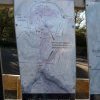
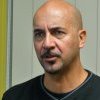
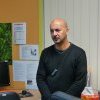
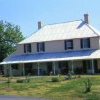
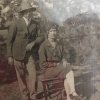
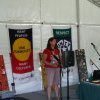
.thumbnail.JPG)

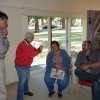
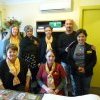
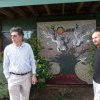
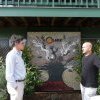
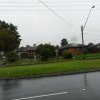
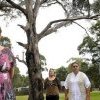
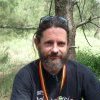
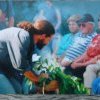
.thumbnail.JPG)
